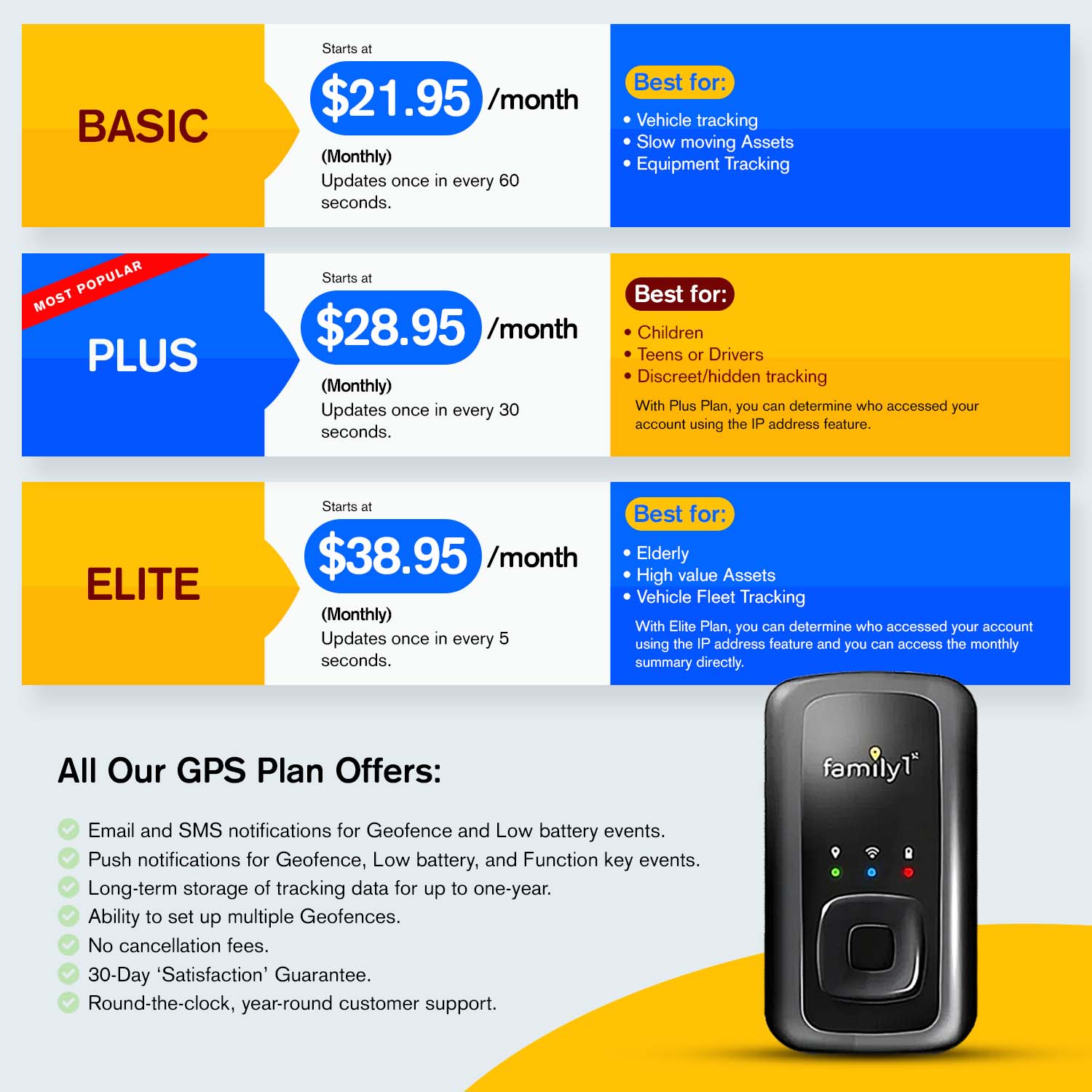GPS running watches are for athletes who need accurate tracking and performance data. A fitness tracker is for those who want basic activity tracking with longer battery life.
Smartwatch combines fitness tracking with calls, notifications, and apps. The best choice depends on whether you need precision, simplicity, or connectivity.
What is a GPS Running Watch?
A GPS running watch tracks distance, pace, elevation, and heart rate with high accuracy. It uses built-in GPS and performance metrics to help runners improve training.
Designed for endurance sports, it offers long battery life, durability, and advanced analytics. Features like VO2 max, recovery analysis, and interval tracking support serious athletes.
Key Features of GPS Running Watches
-
Built-in GPS: Tracks location, maps routes, and measures speed with high accuracy.
-
Advanced Metrics: Monitors cadence, stride length, VO2 max, and recovery time.
-
Long Battery Life: Lasts up to 40 hours in GPS mode, ideal for endurance athletes.
-
Durability and Water Resistance: Shockproof and waterproof for tough conditions.
-
Heart Rate & Performance Tracking: Measures real-time heart rate, stress levels, and workout efficiency.
Who Should Buy a GPS Running Watch?
-
Marathon runners who need precise pace and distance tracking.
-
Trail runners who require altitude and terrain analysis.
-
Triathletes who need multi-sport tracking for running, cycling, and swimming.
-
Serious athletes focused on detailed performance data and training optimization.
What Is a Fitness Tracker?
Fitness tracker measures steps, calories, heart rate, and sleep patterns. It tracks movement through sensors and provides basic health insights.
Some models offer GPS for distance tracking and waterproofing for swimming. They help users monitor daily activity and set fitness goals.
Key Features of Fitness Trackers
-
Step Counting & Calorie Tracking: Estimates daily movement and energy use.
-
Heart Rate Monitoring: Tracks heart rate but may be less accurate during intense workouts.
-
Sleep Tracking: Analyzes light, deep, and REM sleep for sleep quality insights.
-
GPS Support: Some models require a smartphone for location tracking.
-
Battery Life: Lasts 5-14 days on a single charge, longer than most smartwatches.
Who Should Buy a Fitness Tracker?
-
Casual users tracking steps, calories, and sleep.
-
Beginners wanting an affordable and simple fitness device.
-
Office workers needing reminders to stay active.
-
People focusing on wellness rather than advanced performance metrics.
What is a Smartwatch?
Smartwatch connects to a smartphone, displaying notifications, calls, and messages. It also tracks activity, heart rate, and sleep, offering basic health insights.
Some models have GPS for location tracking and ECG sensors for heart monitoring. With app support and payment features, they function as both fitness tools and personal assistants.
Key Features of Smartwatches
-
Notifications & Calls: Displays messages, calls, and app alerts.
-
Fitness & Health Tracking: Monitors steps, workouts, and heart rate.
-
Built-in GPS: Tracks location but lacks precision for serious training.
-
Apps & Customization: Supports music, payments, and third-party apps.
-
Battery Life: Lasts 1 to 7 days, depending on the model.
Who Should Buy a Smartwatch?
-
Tech users wanting smartphone features on their wrist.
-
Casual fitness users tracking daily activity.
-
Professionals needing notifications and productivity tools.
-
Apple and Android users looking for seamless device integration.
Understanding the Differences
|
Feature |
GPS Running Watch |
Fitness Tracker |
Smartwatch |
|
Primary Purpose |
Designed for runners and endurance athletes |
Basic activity tracking and wellness monitoring |
Combines fitness tracking with smartphone functions |
|
GPS Accuracy |
High precision, tracks routes and pace accurately |
Limited, some models require a smartphone for GPS |
Varies, built-in GPS in some models but less accurate than GPS watches |
|
Heart Rate Monitoring |
Advanced monitoring with performance zones |
Basic monitoring, may lack accuracy during workouts |
Good for general use, but not as detailed as GPS watches |
|
Activity Tracking |
Tracks distance, pace, elevation, and cadence |
Steps, calories, sleep tracking |
Tracks steps, workouts, and basic fitness data |
|
Battery Life |
Long-lasting, up to 40 hours in GPS mode |
5-14 days, longer than smartwatches |
1-7 days, depends on model and features |
|
Smartphone Connectivity |
Limited, usually for syncing workout data |
Minimal, mainly for syncing data |
Full smartphone integration with notifications, calls, and apps |
|
Durability & Water Resistance |
Built for extreme conditions, highly durable |
Water-resistant, but less rugged than GPS watches |
Moderate durability, depends on brand and model |
|
Advanced Metrics (VO2 max, Recovery, etc.) |
Includes VO2 max, cadence, stride length, and recovery analysis |
Lacks advanced performance metrics |
Basic tracking, lacks in-depth performance analytics |
Which One Should You Get?
If you need accurate tracking for running or endurance training, get a GPS running watch. It provides precise pace, heart rate zones, and performance data.
For basic activity tracking like steps, sleep, and calories, a fitness tracker is the best choice. It’s simple, affordable, and lasts longer on a charge.
A smartwatch is for those who want fitness tracking along with calls, notifications, and apps. It balances health monitoring with smartphone features.
Conclusion
A GPS running watch, fitness tracker, and smartwatch each serve different needs. If you prioritize precision and performance, go for a GPS running watch. If you need simple activity tracking, a fitness tracker is ideal. If you want a mix of fitness features and smartphone functions, a smartwatch is the best choice.
Your fitness goals and lifestyle will determine the right device. Choose wisely to get the best wearable experience!





